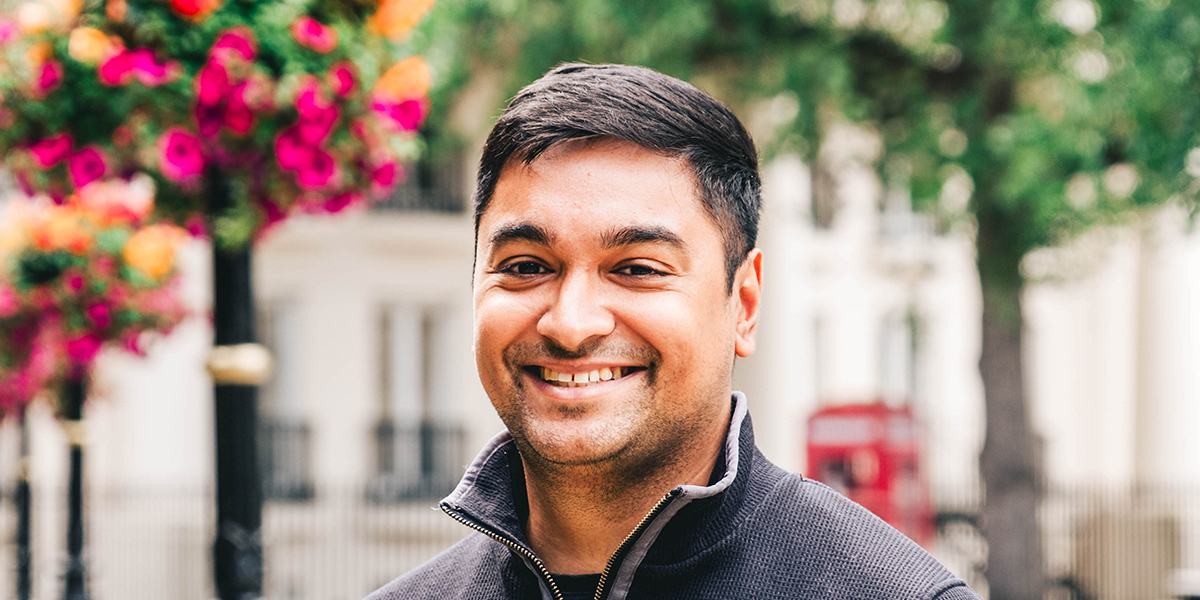In the Intergovernmental Panel on Climate Change's 2022 "Mitigation of Climate Change" report, it identified “opposition from status quo interests” and the political influence exerted by “fossil fuel interests” as key barriers impeding the delivery of the Paris Agreement goals. Globally, some actors from high carbon-emitting industries are relying on a host of policy engagement tactics to lobby regulators in attempts to block, delay, or water down progressive climate policies. These tactics can range from crafting PR campaigns that propagate misleading messaging to engaging directly with policymakers to shape the policy agenda, sometimes through conduct that poses corruption risks.
To help companies engage in effective climate advocacy, the UN Global Compact Network UK is organizing a 4-part webinar series to provide practical guidance on how companies can contribute towards driving the regulatory outcomes needed to deliver on their net zero goals.
InfluenceMap's Fossil Fuels Program Manager, Vivek Parekh, will join the third webinar in the series. The webinar will explore the various ways in which companies can use their levers of influence outside of membership in industry associations to create an enabling policy environment for net zero and counter the adverse influences of anti-climate lobbyists. Panelists will highlight examples of responsible policy engagement tactics that companies are using to drive the climate policy agenda forward, either by engaging directly and responsibly with policymakers or by mobilizing their consumers to adopt IPCC-aligned policy positions.
Speakers:




InfluenceMap
Vivek ParekhProgram Manager, Fossil Fuels
Vivek is a Program Manager at InfluenceMap, where he leads the Fossil Fuels program. This includes the development of InfluenceMap's global Methane Platform, an interactive tool designed to track corporate engagement on methane policy proposed by governments. He also leads the program aimed at expanding the analysis of climate policy engagement in India. Vivek joined InfluenceMap in November 2020 after completing an MSc in Economics and Policy of Energy and the Environment at University College London. He also holds a BSc in Economics from the University of York.